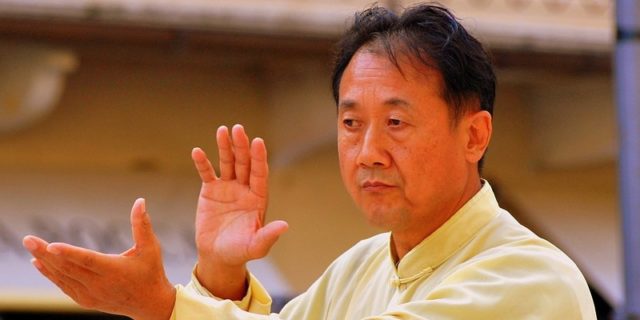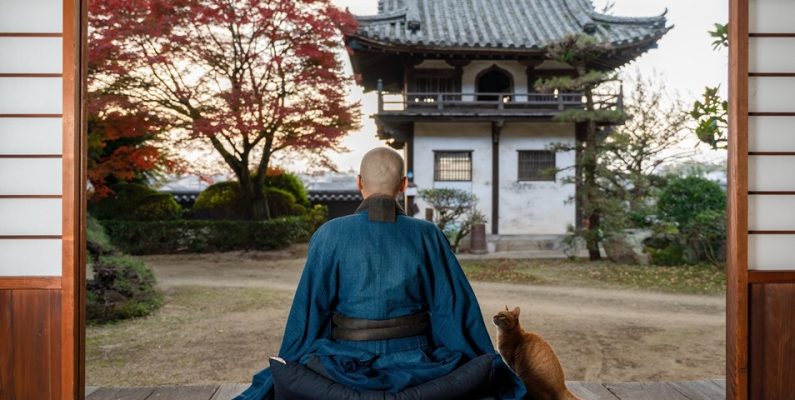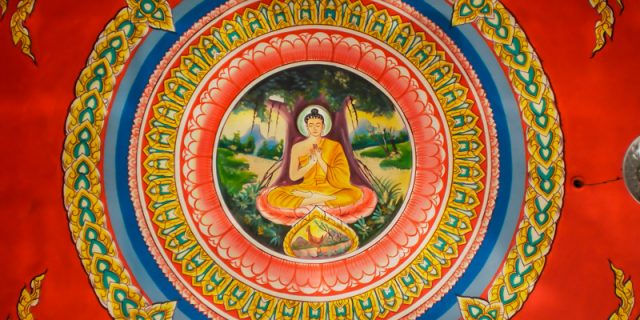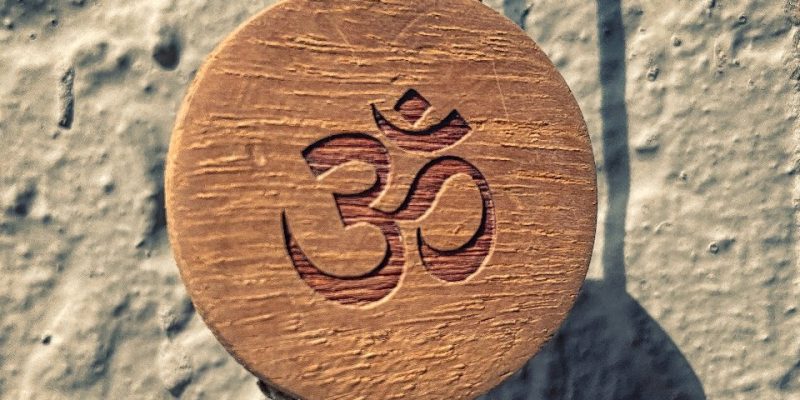
Noble Silence is thought to originate as a phrase and directive from Siddhartha Gautama (the Buddha), the founder of Buddhism.

It refers to the idea that in relation to the pursuit of spiritual enlightenment and the attainment of spiritual liberation, certain questions cannot be answered.
It also means that aforementioned questions should not be asked, because they can never lead to true knowledge. According to the Buddha, these unanswerable questions point to that what goes beyond thought and cannot be answered through thought and logical reasoning, that is, they are about the ultimate reality that is beyond all conceptualization.
Depending on distinct Buddhist lineages these “imponderable questions” differ, not only semantically but also in number. Some examples of these unfathomable questions are: “What am I?,” “How am I?,” “Am I?,” “Am I not?,” “Did I exist in the past?,” “Did I not exist in the past?, “Is the world eternal?,” “Is the world not eternal?,” “Are the soul and the body similar or different?,” among a range of other questions.
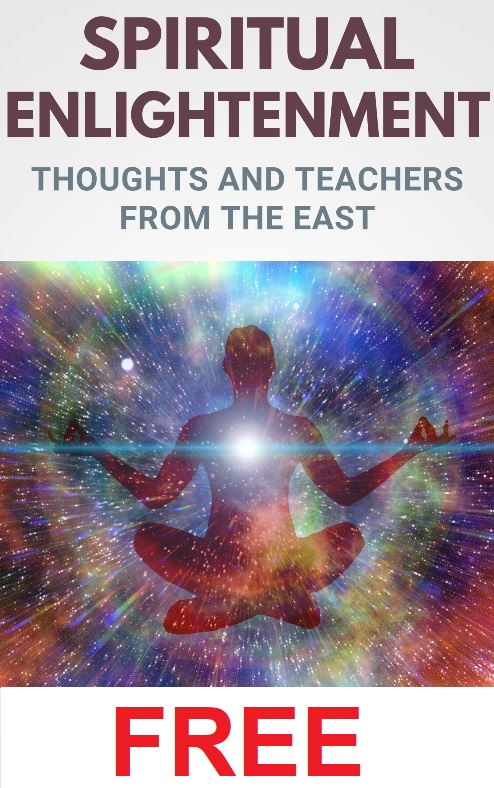
Alternatively, Noble Silence may also refer to the body that’s calm and disciplined and a state of mind that’s free from thought and judgment — the silence within — which is called Dhyana or Jhana, usually translated as a “state of meditative absorption.”
In certain Buddhist meditation retreats, such as in Vipassana Meditation retreats, you may find the practice of Noble Silence introduced as a period of several days (or certain hours on each retreat day) in which one keeps silent, that is, doesn’t talk and doesn’t use communication devices such as mobile phones and the Internet.
The idea behind this practice is that it can create an environment that’s favorable to the development of spiritual insight, compassion, and concentration.






